Unconquered: The story of a Japanese partisan who fought for another 30 years after the end of the war
Categories: Asia | History | World
By Pictolic https://pictolic.com/article/unconquered-the-story-of-a-japanese-partisan-who-fought-for-another-30-years-after-the-end-of-the-war.htmlNeither time nor political changes will break the spirit of a real fighter. A soldier who continued to wage guerrilla warfare in the Philippines, despite the fact that World War II ended, has died in Japan. He considered the reports about the end of the war to be enemy propaganda and ended his war in March 1974, almost thirty years later.

Hiroo Onoda has remained faithful to his military duty for decades. He refused to give up, surviving underground in difficult conditions. Read the story of the unshakable partisan further in our material.
The commander ordered the 22-year-old Hiroo Onoda and his three comrades to stand until the victorious end in 1944. True to duty, the guerrilla continued to fight in the rear in the Philippines for 30 years after the end of World War II.
The second lieutenant kept his promise, despite the fact that he lost three comrades and learned about the end of the war. Onoda surrendered only after his commander, who had been retired for a long time, gave him an order to stop fighting. True to his military duty, the guerrilla lived in the Philippine jungle on the island of Lubang and did not even know that the United States had dropped an atomic bomb on Hiroshima and Nagasaki.
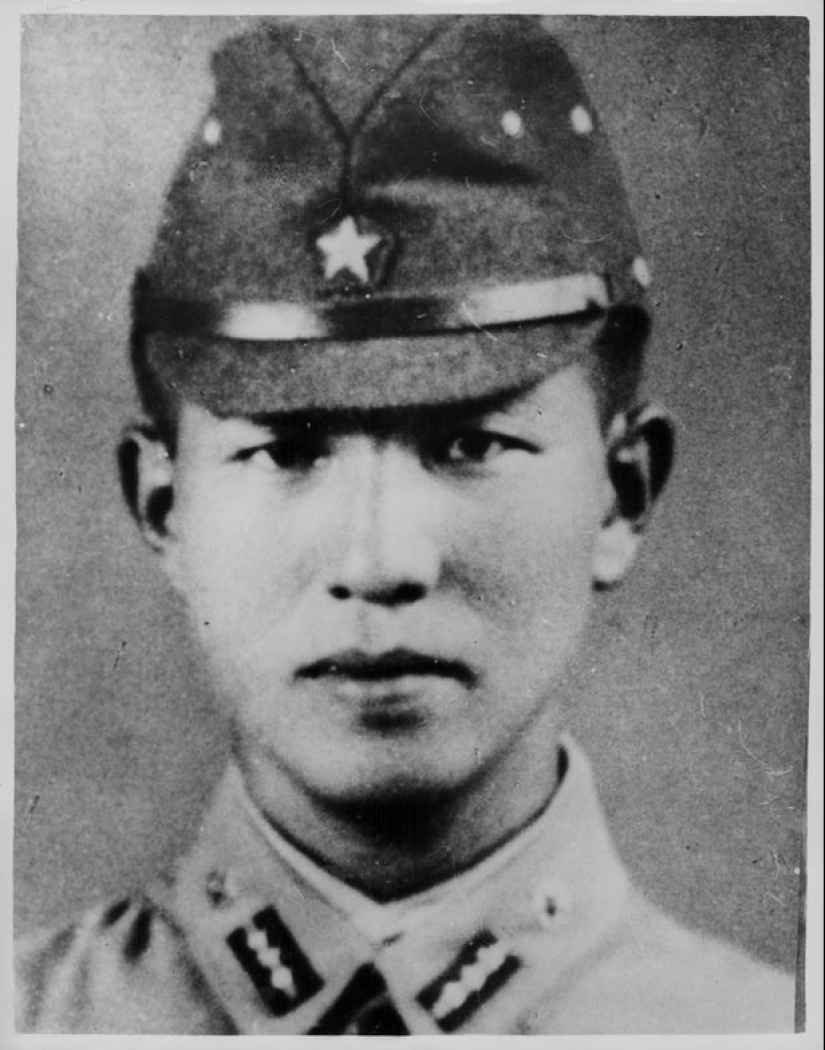
When the US and Philippine military forces captured Lubang Island in 1945, almost all of the Japanese occupiers were killed or captured. Onoda, who had excellent survival skills, took the surviving comrades to the jungle in the depths of the island. There they continued to conduct a partisan struggle. Despite the loss to Japan, the second lieutenant did not believe the order to retreat dropped from a helicopter by General Tomoyuki Yamashita. Onoda noticed that there were a lot of errors in the document.
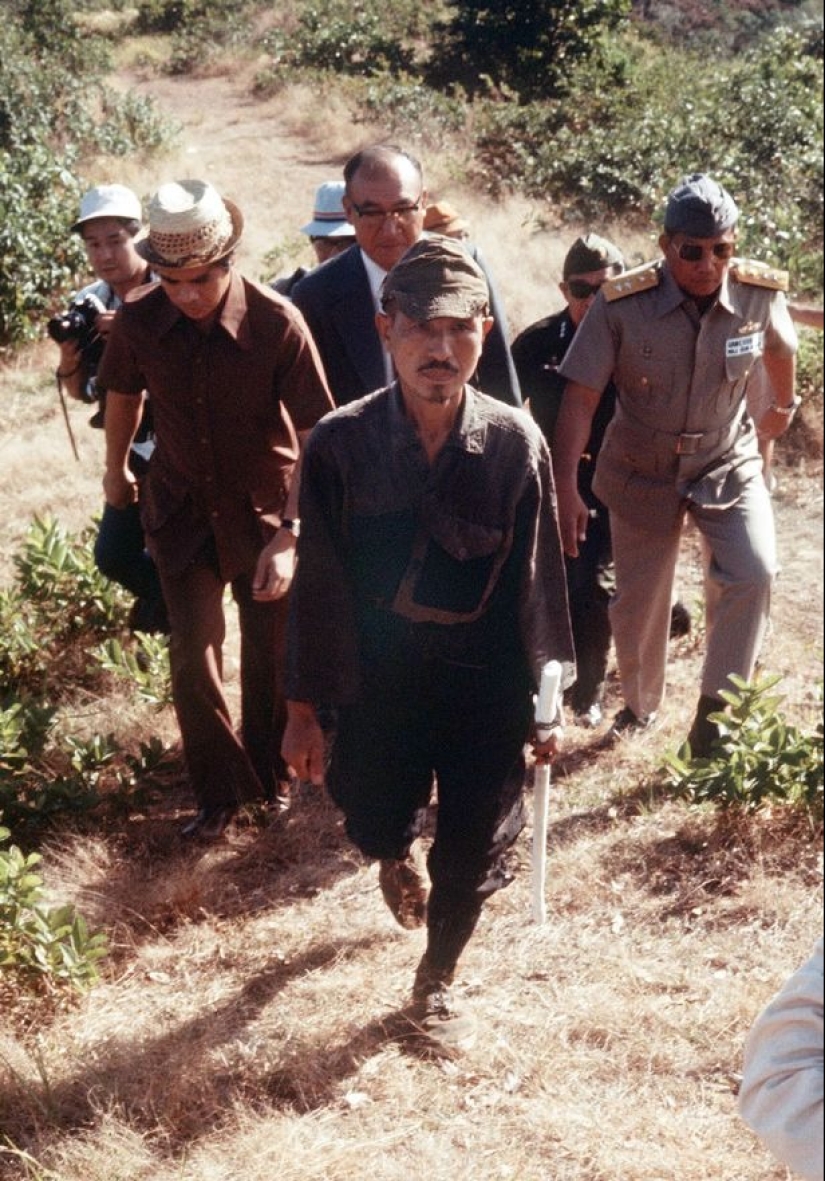
The group of partisans continued their war. They survived by eating tropical fruits and the meat of stolen farm animals. Over the course of 30 years, they killed 30 Filipinos who were accidentally mistaken for enemies. The first soldier abandoned his comrades in 1950, the second was killed four years later by members of a search group chasing partisans, and the third died in 1972 from a bullet from a local policeman. Onoda was left alone, but continued to hide from search groups, which were sent to the jungle from time to time to track him down and force him to surrender.
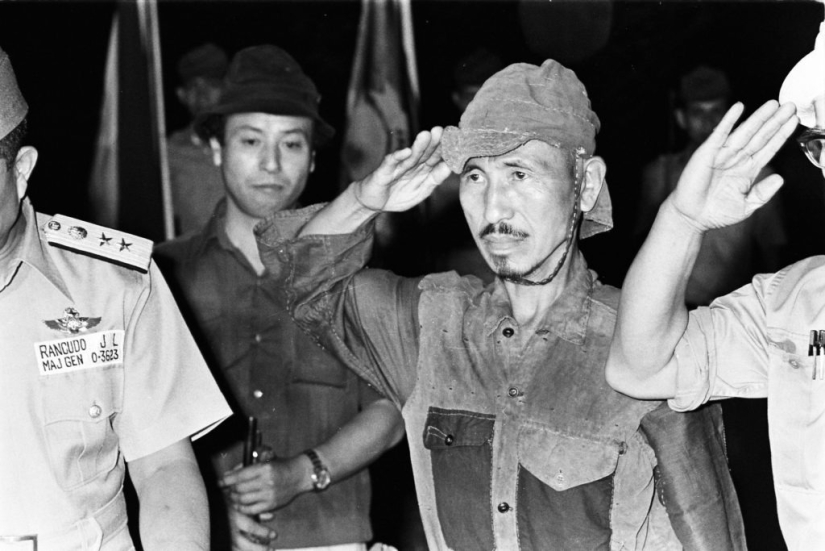
The unconquered guerrilla even rejected the Japanese flag with the signatures of his relatives, installed in the jungle. He also ignored the recording of the appeal of his elderly mother, who asked him: "Please come home while I'm still alive."
Hiroo Onoda gave up only in 1974, when he was discovered by a hippie traveler from Japan, Norio Suzuki. According to the tourist, he dreamed of seeing " Lieutenant Onoda, panda and bigfoot, exactly in this sequence." The guy won the trust of a convinced partisan, but he still refused to come out of the underground without receiving an order. As a result, his former commander, who had long been retired, went into the jungle to give a formal order to retreat.
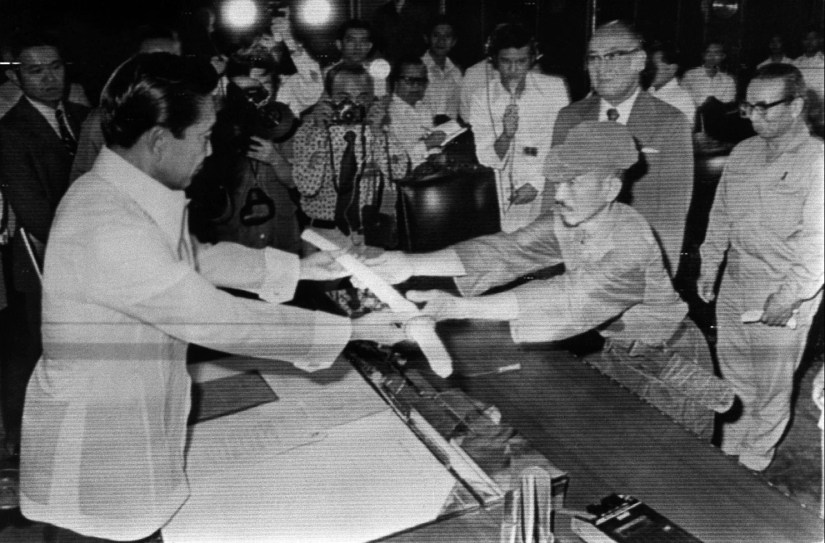
The loyal soldier surrendered his sword, a rifle that still shot perfectly, 500 rounds of ammunition, several hand grenades and a dagger that his mother gave him to commit suicide in case of capture. Hiroo Onoda met the commander in an old army uniform, in which he entered the jungle 30 years ago. He apologized to the President of the Philippines, Ferdinand Marcos, for killing thirty islanders with his comrades.
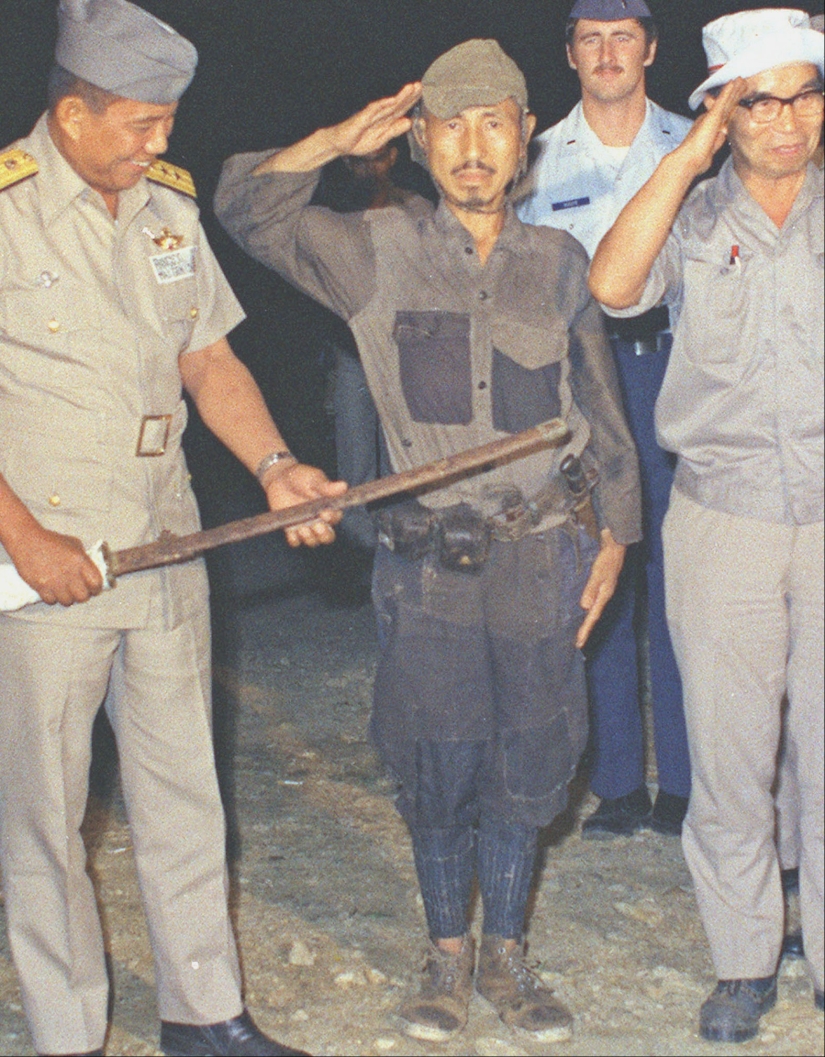
Partisan returned to his native Japan at the age of 52 in 1974. He became a real national hero, because he fulfilled the commander's combat order given to him in 1944: "Maybe three years will pass, maybe five, but no matter what happens, we will come back for you." After returning home, Onoda was shocked by the changes that had occurred in his homeland. To his deep regret, traditional values were destroyed by the spirit of consumerism.
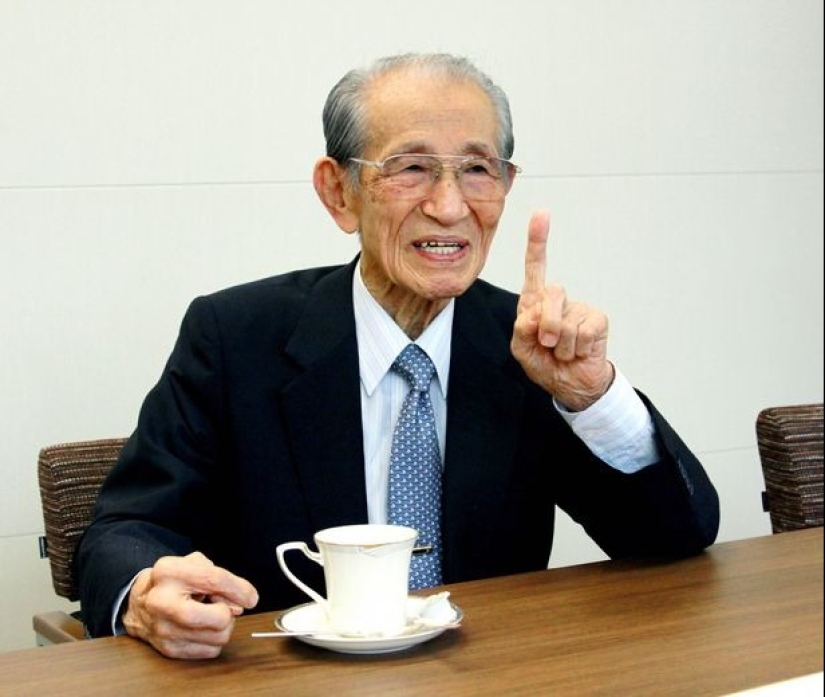
For some time, Hiroo Onoda lived in Brazil, working as a cattle breeder. Then he returned to Japan and founded a children's camp in nature on the outskirts of Tokyo. The stalwart soldier lived another 39 years after returning from the jungle. He died in Tokyo at the age of 91.
They say that the war does not end until the last soldier is buried. The Afghan conflict ended a quarter of a century ago, but the fate of the Russian military, who remained in captivity of the Mujahideen, remains unknown.
Keywords: War | Asia | Island | Japan | History | Soldier | Peace | Struggle | Philippines | Victory | Occupation | Jungle | Captivity | Military | World war ii | Refusal | Partisans | Order
Post News ArticleRecent articles

It's high time to admit that this whole hipster idea has gone too far. The concept has become so popular that even restaurants have ...

There is a perception that people only use 10% of their brain potential. But the heroes of our review, apparently, found a way to ...
Related articles

The Mongols seized in the 13th and 14th centuries, a large part of the Eurasian continent, was a force which could not to resist ...

A good sniper doesn't have to be a career soldier. This simple postulate was well understood by the Red Army soldiers who ...

The Himalayas. Tibet. Something cosmic and ethereal sounds in the names. They attract visitors from all over the world. In front of ...

New Year's is a time to surprise and delight loved ones not only with gifts but also with a unique presentation of the holiday ...